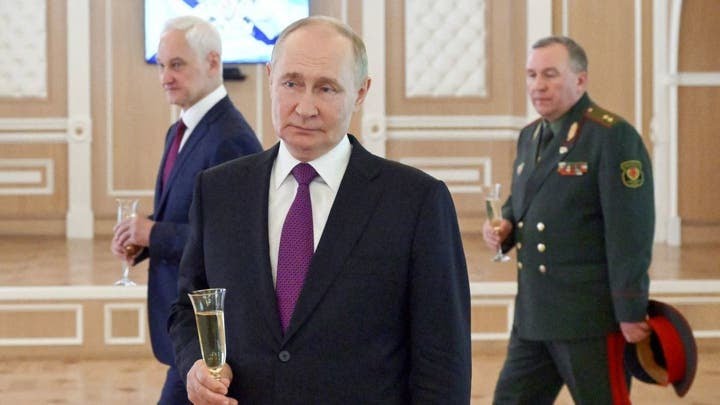Russian President, Vladimir Putin, on Thursday enacted a controversial law that slaps fines on individuals who search for online content classified by authorities as “extremist,” sparking widespread condemnation from rights advocates.
The newly signed legislation allows for penalties of up to 5,000 rubles (approximately $64) for users who deliberately access such materials, which span web pages, books, artworks, and music albums.
Critics argue that the move marks a deepening assault on free expression in Russia.
The government’s extensive “extremist materials” list, now exceeding 5,000 entries, includes content such as pro-Ukraine songs, critical websites, and blog posts by the punk protest group Pussy Riot.
Despite vocal objections from two parties, the bill gained approval earlier this month in the State Duma, Russia’s lower house of parliament.
Opposition figure Boris Nadezhdin, who led a demonstration against the measure, compared the law to the dystopian surveillance state depicted in George Orwell’s 1984.
“This law punishes thought crimes,” he told AFP earlier this month.
In addition to targeting searches for banned content, the law prohibits advertising for virtual private networks and criminalizes the transfer of SIM cards between individuals, methods commonly used by Russians to maintain online privacy.
Since the onset of its military campaign in Ukraine in 2022, Moscow has escalated its clampdown on digital freedoms, blocking numerous Western platforms such as Facebook and Instagram and tightening control over online information.
